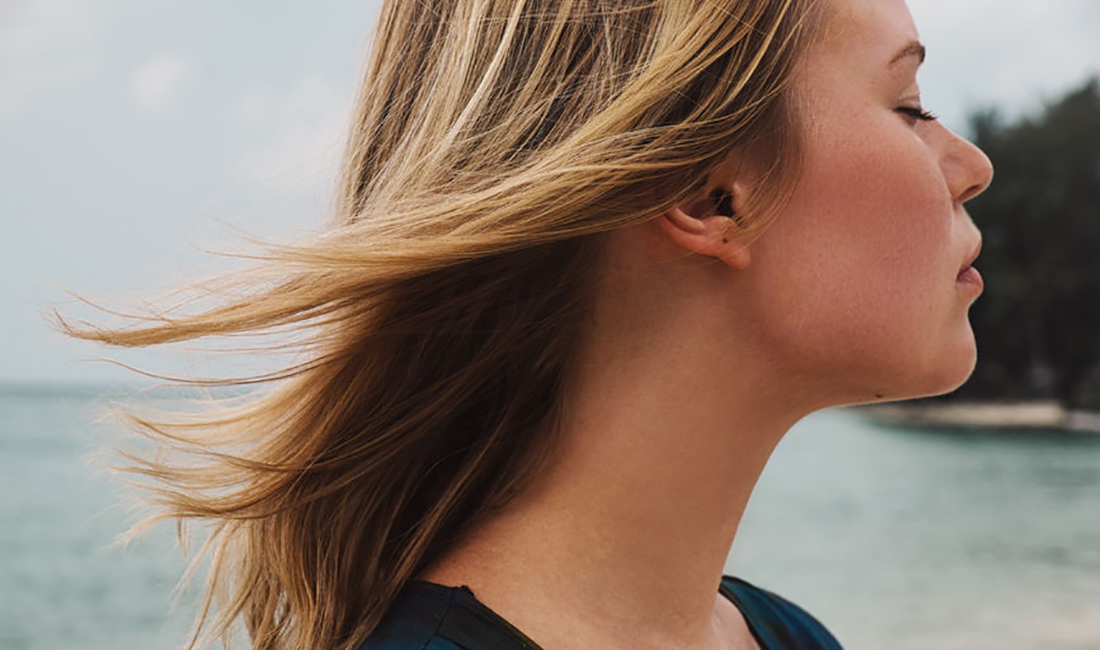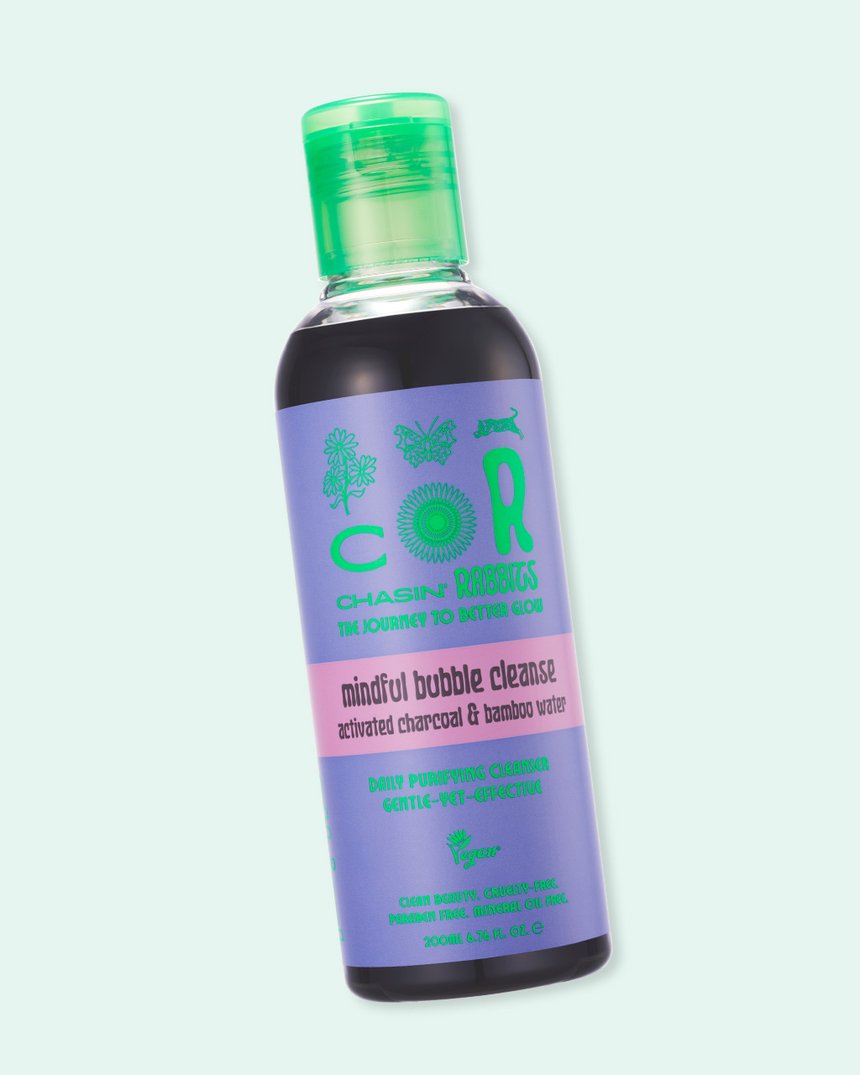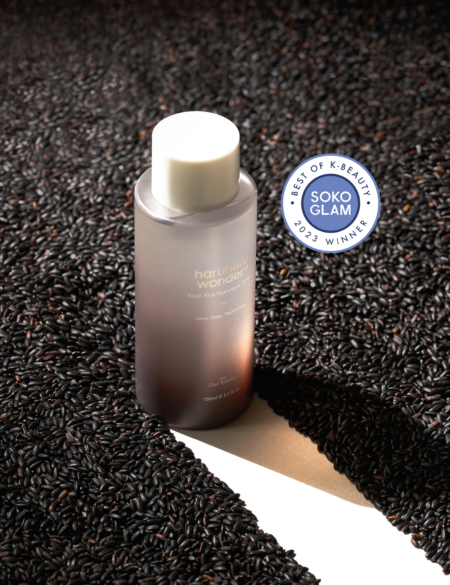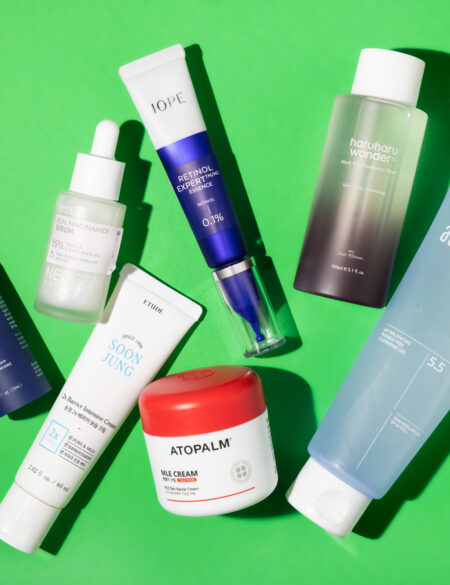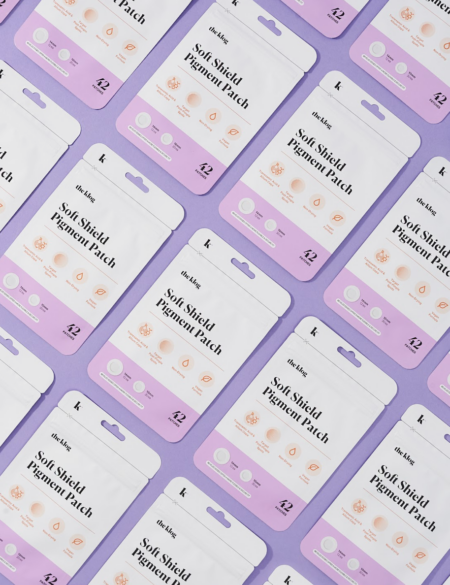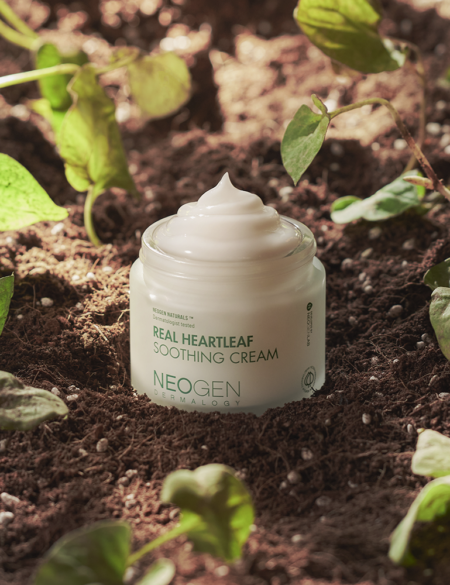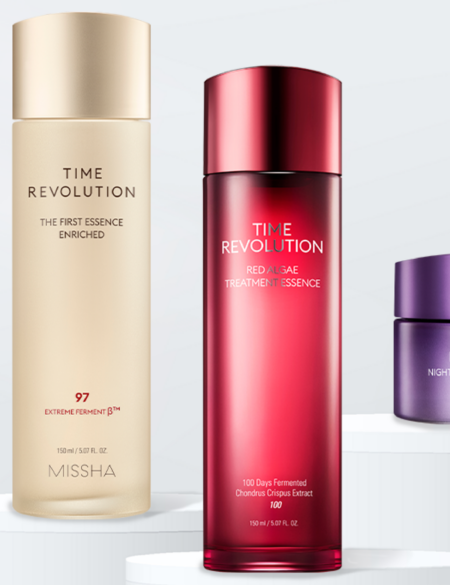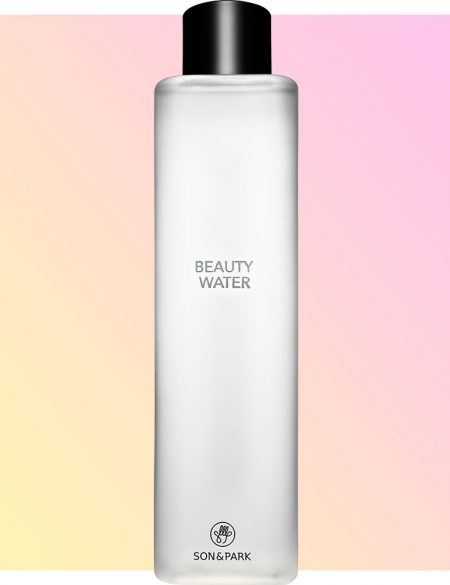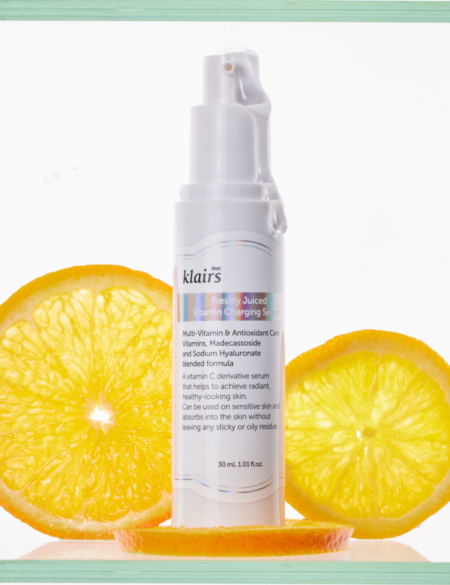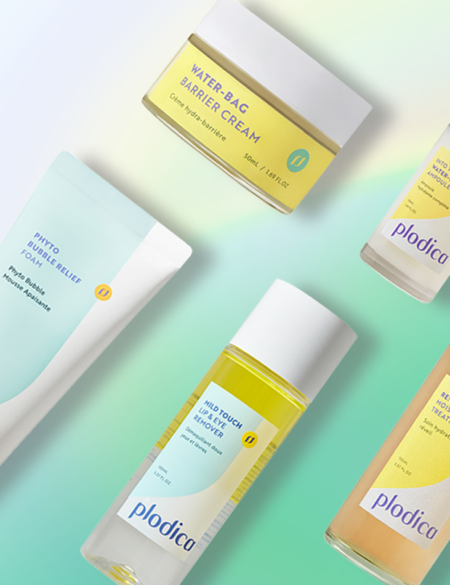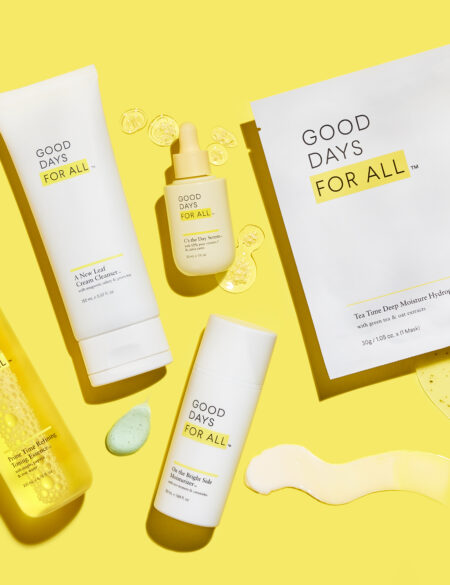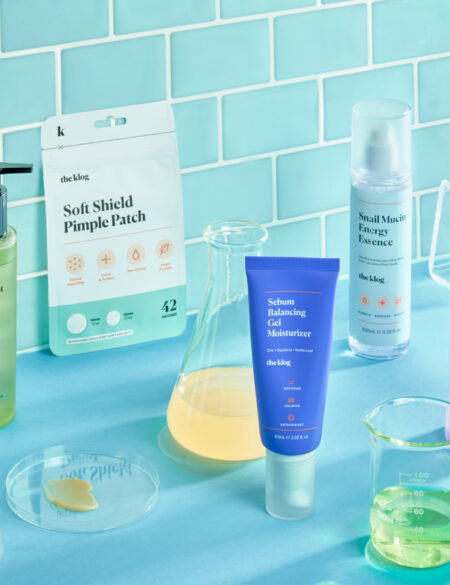Dealing with acne on its own is a task. Dealing with fungal acne? A whole other beast. Since the causes are so different from those that lead to typical, hormonal acne, it can be hard to handle it correctly. To help you get through it, read our top tips below.
What is fungal acne?
Fungal acne is not your typical kind of breakout.
In this case, hormones and sebum have little do to with these types of breakouts. According to aesthetician Fern Burg, “Clients often come in with what looks like a rash – small, white bumps that are often irritated and itchy. This is medically known as Pityrosporum Folliculitis and can occur on the face or the body. It is caused by an over-production of our body’s naturally occurring yeast on the skin’s surface. Some common causes for this over-growth are a lowered immunity, wearing sweaty clothing, stress, fatigue, use of antibiotics, and diabetes” to name a few.
Fern notes that, “We all carry fungal spores within our skin, and our barrier function can keep it in control. However, sometimes the fungus can proliferate and spread, [ultimately causing] acne lesions” on the skin.
RELATED: Commonly Misdiagnosed Skin Conditions
Can it be avoided?
Of course! The preferred method of dealing with any form of acne is to simply prevent it as a whole. But can something like this actually be prevented? The answer is yes and no… while there are preventative steps to take, they might not always prevent the breakouts, and at best might keep the breakouts from escalating.
Dr. Daniel Friedman says that “using an over the counter anti-fungal body wash about three times a week before the weather gets warmer can help prevent the lesions from reappearing.” Aside from that, not much else can be done except for generally washing more, to avoid yeast growth and to dismantle the sweaty environment the yeast thrives on.
How do you treat it?
Fungal acne can be treated in a number of ways. Gentle exfoliation is a great place to start, or to help you decide if you’re dealing with hormonal acne. If gentle acids help to take it down, it’s likely hormonal. If not, you’ll want to move onto more aggressive moves. Fern says, “Depending on whether the skin bumps are an itchy rash or an irritated breakout, the treatment will vary. While an acne treatment is focused on killing the bacteria (and reducing oil and dead skin cells), this is the wrong approach for fungal acne. In [the] case [of fungal acne], you should use [topical] products with probiotics [included in the formulation] to help balance the pH of the skin, [and even try] including an oral probiotic [for a boosted effect].
Dermatologists often start with recommending the use of “blue dandruff shampoos” such as Head and Shoulders or Selsun Blue as body wash or cleanser since they have anti-fungal properties, and move on to anti-fungal medications if necessary. Dr. Daniel Friedman, adds that if using the shampoo as a body wash is rendered ineffective, you should opt for a rub-on or oral anti-fungal medication as well as an anti-fungal body wash about three times a week.
What should you avoid?
Since fungal acne is caused by the over production of yeast, and not due to excess sebum or built up dead skin cells, you’re not going to want to use your typical acne fighting ingredients. In fact, Dr. Friedman notes that “using harsh or abrasive cleansers, like [the ones used with] hormonal / bacterial acne, is unlikely to help.” In fact, the only helpful ingredient for both types of acne is salicylic acid. That being said, there are not a lot of ingredients to “avoid,” as nothing is known to further irritate fungal acne. Instead, it is recommended to avoid certain types of foods – think sugar and other carbohydrates.
+How have you treated fungal acne? Share your solutions below!


